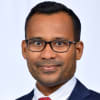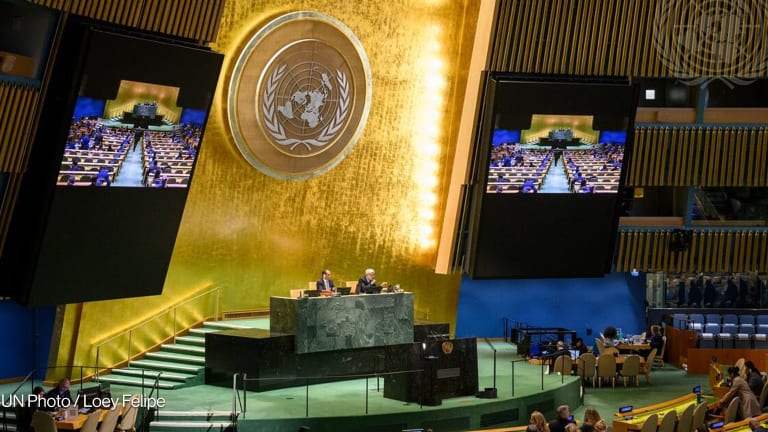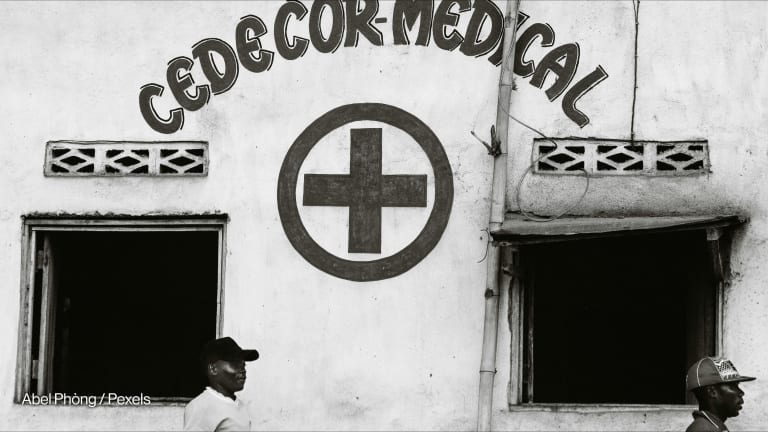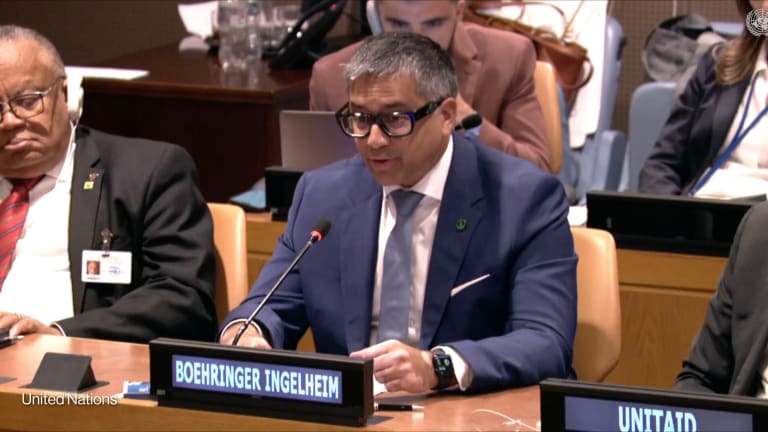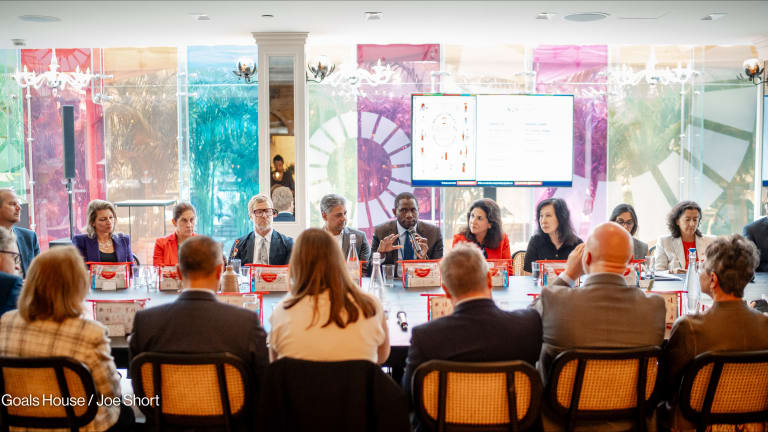Last week, on Sept. 25, a fourth high-level meeting, or HLM4, of the United Nations General Assembly was held on the topic of noncommunicable diseases, or NCDs, and mental health. While initial ambitions showed potential, a flawed process led to a derailing of the negotiation process, a watered-down declaration, and ultimately, negative consequences for global health.
These types of meetings present a unique opportunity to raise the political priority of a global health issue. They are attended by heads of state and government, as well as other senior stakeholders, and typically result in a nonbinding political declaration of commitment.
Following a series of preparatory meetings and regional consultations, a “zero draft” political declaration was released in May 2025. The zero draft is intended to serve as the starting point for negotiations, with revisions made in response to member state demands. While it was considered that the zero draft “shows potential,” many civil society organizations called for the declaration to be more ambitious in its targets and bolder in its actions.





